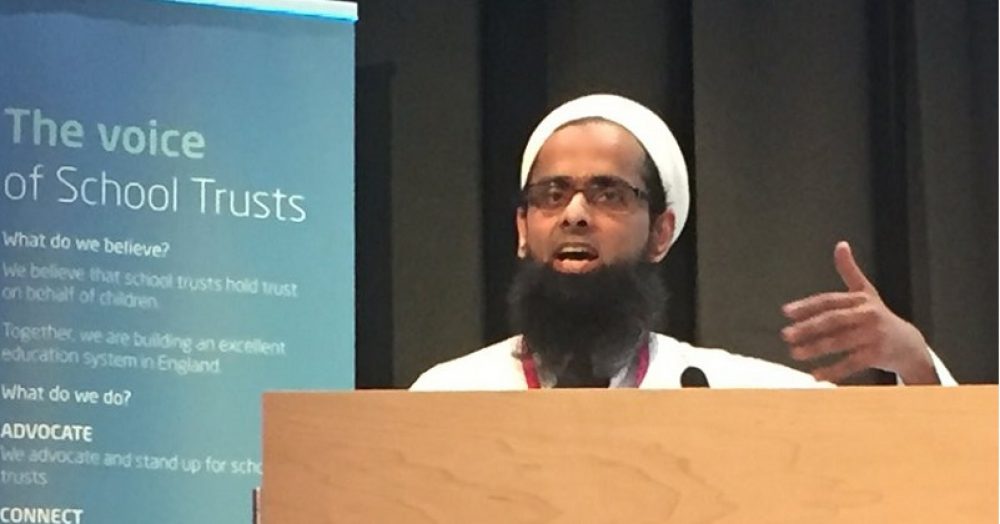Pupils face a “covid penalty” unless Ofqual takes geographical differences into account when awarding grades next year, a leading academy trust boss with schools in hard-hit coronavirus regions has said.
The intervention by Hamid Patel, the chief executive of Star Academies, comes as pressure on the government to ditch exams ramped up this week after Wales followed Scotland in cancelling exams next year.
Doing nothing will herald another summer of huge upset, with long-term consequences for their life chances
But ministers and Ofqual again insisted they would go ahead next year, with proposals to run tests in core subjects alone.
However, Patel, whose trust run 29 schools in areas that include Lancashire and Greater Manchester, said: “We can’t allow young people, already disadvantaged by the educational gap caused by deprivation, to have their prospects further limited by a ‘Covid penalty’.”
Secondary school attendance rates vary hugely from as low as 61 per cent in areas such as Knowsley to 94 per cent in Bath and London’s Kensington and Chelsea.
While backing plans to run exams, Patel said: “We need to recognise that they will not be completed on an equal footing.” Writing for Schools Week, he added Ofqual must take “bold steps” to ensure there was “no difference in the proportion of good grades awarded in areas that are blighted by Covid and those where there has been little disruption”.
He suggested pupils’ exam marks could be compared only with peers “within similarly affected parts of the country”.
He also put forward a system in which all pupils got the better of two grades: their raw exam grade or one moderated to guarantee their school’s results next year had the some proportion of 9, 7 and 5 grades as in their best year between 2017 and 2019.
This would avoid using teacher predictions. “Hundreds of thousands of young people risk having their results decided by the relative fortunes of their postcode and the willingness of their communities to adhere to government guidelines.
“Doing nothing will herald another summer of huge upset, with long-term consequences for their life chances. That is simply not an option.”
Amanda Spielman, Ofsted’s chief inspector who is chairing Ofqual’s recovery committee, told MPs this week she had “not yet seen anything that suggests that pulling exams as we did last year is the sensible default route”.
Instead the regulator is coming up with plans to mitigate any unfairness. Spielman said exams only in core subjects was “the kind of option that is under consideration”.
Robert Halfon, the chair of the education select committee, has written to the education secretary to propose exams are run in at least English, maths and the sciences should any disruption make a full schedule unviable.
However, Spielman noted that “every option creates some unfairnesses”. It was “very clear that those coming through for exams this year have actually had a tougher time than last year’s year 11s and 13s”.
Sir Jon Coles, the head of United Learning, the country’s largest academy trust, has been appointed as the DfE’s nominated member on to the recovery committee, which is tasked with drawing up exam proposals for ministers.
Scotland announced last month that National 5 exams would be replaced next year by teacher assessments and coursework, while Higher exams would take place later than usual.
Teacher assessments that are more “generous” than exam grades could impact English pupils who may be competing with their Scottish and Welsh counterparts for university places.
A spokesperson for the Department for Education said exams were the “fairest way of judging a student’s performance”. Plans for 2021 would be set out in the coming weeks.








Your thoughts